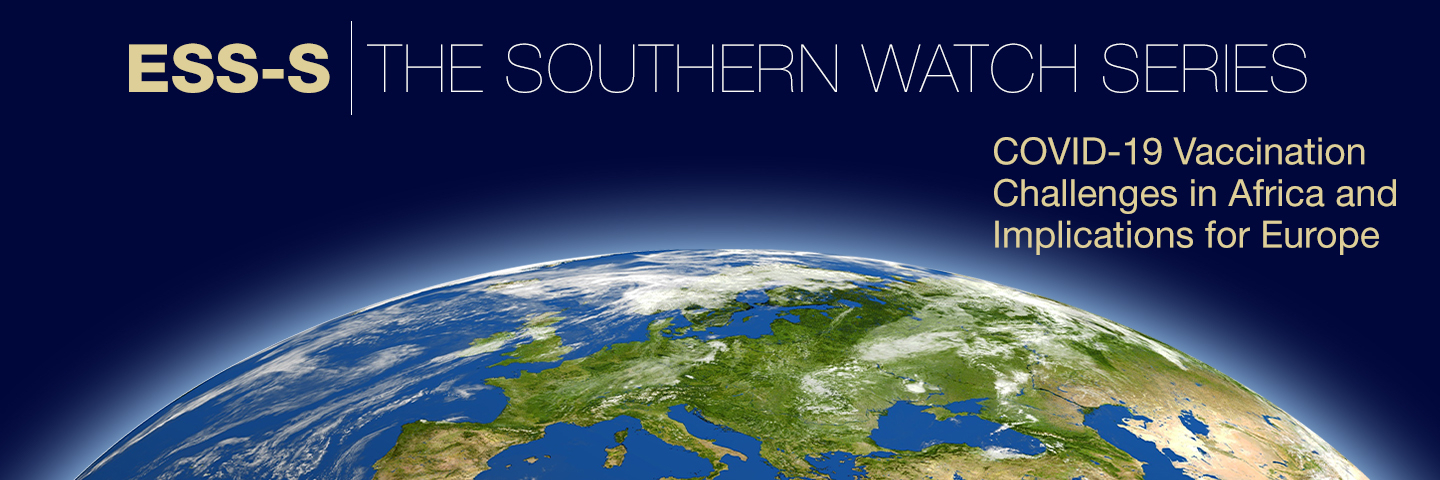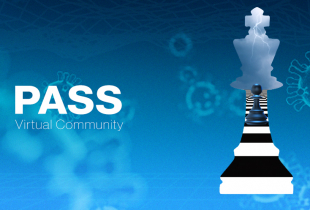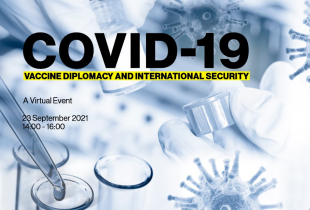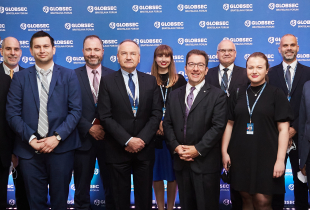
Coronavirus Vaccination Challenges in Africa
Introduction
Participants from Europe, Africa, the Middle East, and the United States gathered online in January 2022 to discuss coronavirus vaccination challenges in Africa as part of the Southern Watch Series (SWS). The SWS is an ongoing series of virtual conversations surveying current and emerging security challenges in Africa and the Middle East, and their implications for Europe and the United States. It is an initiative of the Marshall Center’s European Security Seminar – South. The conversation featured remarks from Dr. Tigistu Adamu Ashengo of Jhpiego. These highlights reflect non-attribution takeaways that emerged from group discussion and do not represent the views or positions of any individual panelist or participant.
National strategies for testing and vaccination have been irregular and uneven in Africa.
Strategies exist for handling coronavirus in Africa, and the disease’s security dimensions and implications are recognized. Determining how to prioritize the pandemic among other issues presents a challenge, however, and implementation remains difficult because resources for coronavirus strategies are lacking. Moreover, African nations seldom have a plan for strategic communications and social media use around the pandemic. Access to testing and vaccination is also subject to large disparities. While low reported rates of coronavirus in Africa might be thanks to a youthful population, they probably also reflect the rarity of testing, which occurs overwhelming in urban areas at just a few sites, usually in hospitals. Vaccination rates also differ drastically by country, and there is a serious unevenness in vaccination distribution. Health care professionals, alongside defense/security personnel and ‘high risk’ populations, have been properly prioritized, but getting even half of them vaccinated remains a struggle. Moreover, few of those vaccinated receive booster shots. Actors beyond the nation-state have been helpful, however. The African Union’s (AU) Centres for Disease Control and Prevention (CDC) united Africa’s nations and responded well during the early stages of the pandemic – identifying gaps, building networks, raising medical skill levels, and supporting genomics capabilities in some leading African states. Ordinary Africans have also played a critical role, mobilizing communities to identify affected areas and coordinating the arrival and distribution of initial coronavirus relief donations.
Ordinary Africans place limited trust in the health care authorities responsible for managing the coronavirus.
A credibility gap exists between governments and their health sectors on the one hand, and ordinary people living in Africa on the other. The inevitable tradeoff between health protection and personal/community liberty makes COVID-19 policies controversial, and coronavirus measures are too often implemented in a top-down fashion, through health care systems built on a legacy of colonial tropical medicine that still arouses suspicion. Moreover, to manage the pandemic, health care workers have to collaborate with law enforcement and are thereby associated with another sector often mistrusted in public opinion. Doctors and cops together are seen as imposing unpopular quarantines, isolation measures, border restrictions, and the like. This securitized health front has fueled popular resistance and conspiracy theories against vaccination by publics who feel their voice, freedom, and political representation are being reduced; and who doubt the official line about the pandemic and the value of lockdowns, for example, which can seem ineffective. Public health announcements, from sporadic press conferences to ad hoc social media campaigns, report infection rates that do not reflect what citizens see happening on the ground, and even health care professionals seem at times to doubt government statistics and approaches. Under such circumstances, African citizens unsurprisingly turn to alternative sources of information and authority about the coronavirus, listening to religious leaders, some of whom have proffered irresponsible advice; criminal organizations, which are exploiting the opportunity to gain legitimacy by providing services that contrast their social care with government impositions; and social media disinformation and misinformation, which claims to offer ‘real’ insights about the disease, responses, etc. The result has been an underperformance in testing and vaccinating even where the infrastructure is available, leading in extreme cases to the discarding of vaccine doses, either because they have expired due to lack of demand or because they are dumped in protest.
Africans desire pandemic responses that promote autonomy and sovereignty.
Reactions against coronavirus have at times been expressed through anti-Westernism. Despite a history of European and America vaccine diplomacy and health support against Ebola and HIV/AIDS, African states and publics sometimes resent the Global North for not playing fair – for hording vaccine dosages and organizing aid in ways that serve their own national interests. Africans value European, Russian, and especially Chinese vaccination support, which is seen as an extension of the solidarity and good will shown by re-opening air traffic and so on. But there is concern that such support will not last forever and may come with strings attached. Overall, the pandemic has fostered a desire that Africa escape health aid dependency and develop the ability to handle such a crisis on its own. Disappointment over unmet goals of independence in health service provision is spreading, and conversations about finally ‘decolonizing global health’ are becoming mainstream. The AU CDC is something of a bright spot in the conversation, lauded for its role in the SARS and Ebola crises and its efforts to emerge as the voice of Africans in global pandemics. Yet this African institution still relies heavily on foreign support. Western investments in the AU CDC and similar bodies might help them to launch into an independent future. Such support would enhance the West’s image and improve Africa’s health in the long run.
GCMC, Garmisch-Partenkirchen, February 2, 2022
About the Author
Dr. Benjamin P. Nickels is Professor of International Security Studies and Director of the European Security Seminar – South (ESS-S) at the George C. Marshall European Center for Security Studies. He leads the Marshall Center’s resident, outreach, virtual, and partnership programming on European and U.S. relations with North Africa, Sub-Saharan Africa, and the Middle East.
The George C. Marshall European Center for Security Studies
The George C. Marshall European Center for Security Studies in Garmisch-Partenkirchen, Germany is a German-American partnership and trusted global network promoting common values and advancing collaborative geostrategic solutions. The Marshall Center’s mission to educate, engage, and empower security partners to collectively affect regional, transnational, and global challenges is achieved through programs designed to promote peaceful, whole of government approaches to address today’s most pressing security challenges. Since its creation in 1993, the Marshall Center’s alumni network has grown to include over 16,000 professionals from 160 countries. More information on the Marshall Center can be found online at www.marshallcenter.org.
The Clock Tower Security Series provides short summaries of Seminar Series hosted by the George C. Marshall European Center for Security Studies. These summaries capture key analytical points from the events and serve as a useful tool for policy makers, practitioners, and academics.
The articles in the The Clock Tower Security Series reflect the views of the authors and are not necessarily the official policy of the United States, Germany, or any other governments.


